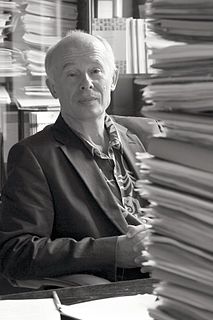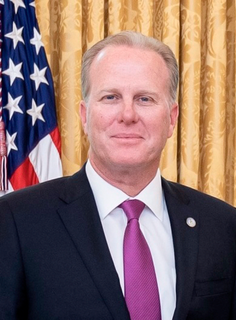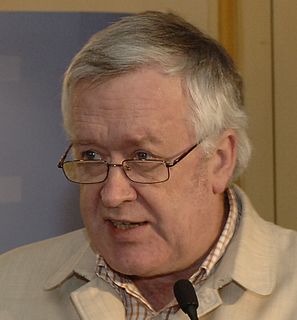A Quote by Lucy Powell
In the current climate motorists have a long list of issues from which to choose to raise on the doorstep. Policies aimed at reducing emissions - like the changes to Vehicle Excise Duty or here in Manchester the proposals for congestion charges - are not without controversy.
Related Quotes
Sensible policies on global warming should weight the costs of slowing climate change against the benefits of slower climate change. Ironically, recent policy initiatives, such as the Kyoto Protocol of 1997, have been introduced without any attempt to link the emissions controls with the benefits of the lower emissions.
It is impossible to talk about slowing climate change without talking about reducing CO2 emissions. Equally, it is impossible to talk about adapting to climate change without considering how we will feed ourselves. And it is out of the question that we can adapt agriculture without conserving crop diversity.
Becoming carbon neutral is only the beginning. The climate problem will not be solved by one company reducing its emissions to zero, and it won't be solved by one government acting alone. The climate problem will not be solved without mass participation by the general public in countries around the globe.
The international equity question arises from the costs of climate change itself and mitigation varying greatly across countries. It is affected by the historical responsibility for current greenhouse gas emissions, which countries which were not responsible for what's in the atmosphere now think are very important. Currently rich countries don't think those issues are very important.
In the current setting the situation of the poor is neglected despite the grotesque wealth of the capitalist elites, and the dangers to the well-being of humanity associated with climate change are ignored despite a strong scientific consensus warning of the adverse, and possibly irreversible, consequences of further delays in reducing the level of greenhouse gas emissions, especially carbon.
I would love it if we made more comparisons between current issues and issues of the past. Maybe we'd realize that sometimes 'current issues' and 'past issues' are one and the same. Our world's people still fight over natural resources, kill in the name of religion, occupy regions and give them up - just as we did 'so long ago.'
Although population and consumption are societal issues, technology is the business of business. If economic activity must increase tenfold over what it is today to support a population nearly double its current size, then technology will have to reduce its impact twenty-fold merely to keep the planet at its current levels of environmental impact. For example, to stabilize the climate we may have to reduce real carbon emissions by as much as 80 percent, while simultaneously growing the world economy by an order of magnitude.
We can no longer completely avoid anthropogenic climate change. At best, limiting the temperature rise to two degrees is just about possible, according to optimistic estimates. That's why we should spend more time talking about adjusting to the inevitable and not about reducing CO2 emissions. We have to take away people's fear of climate change.


































